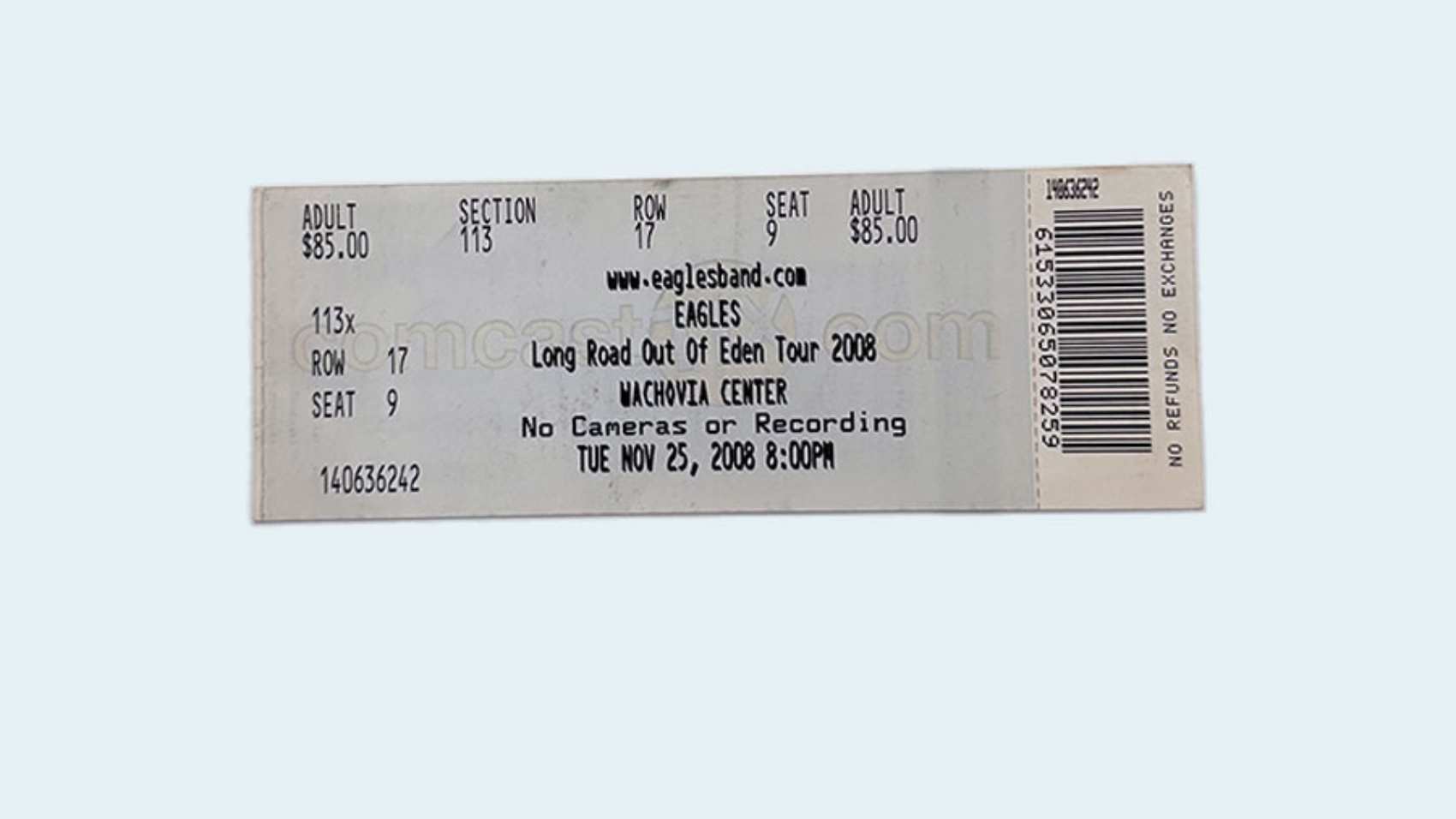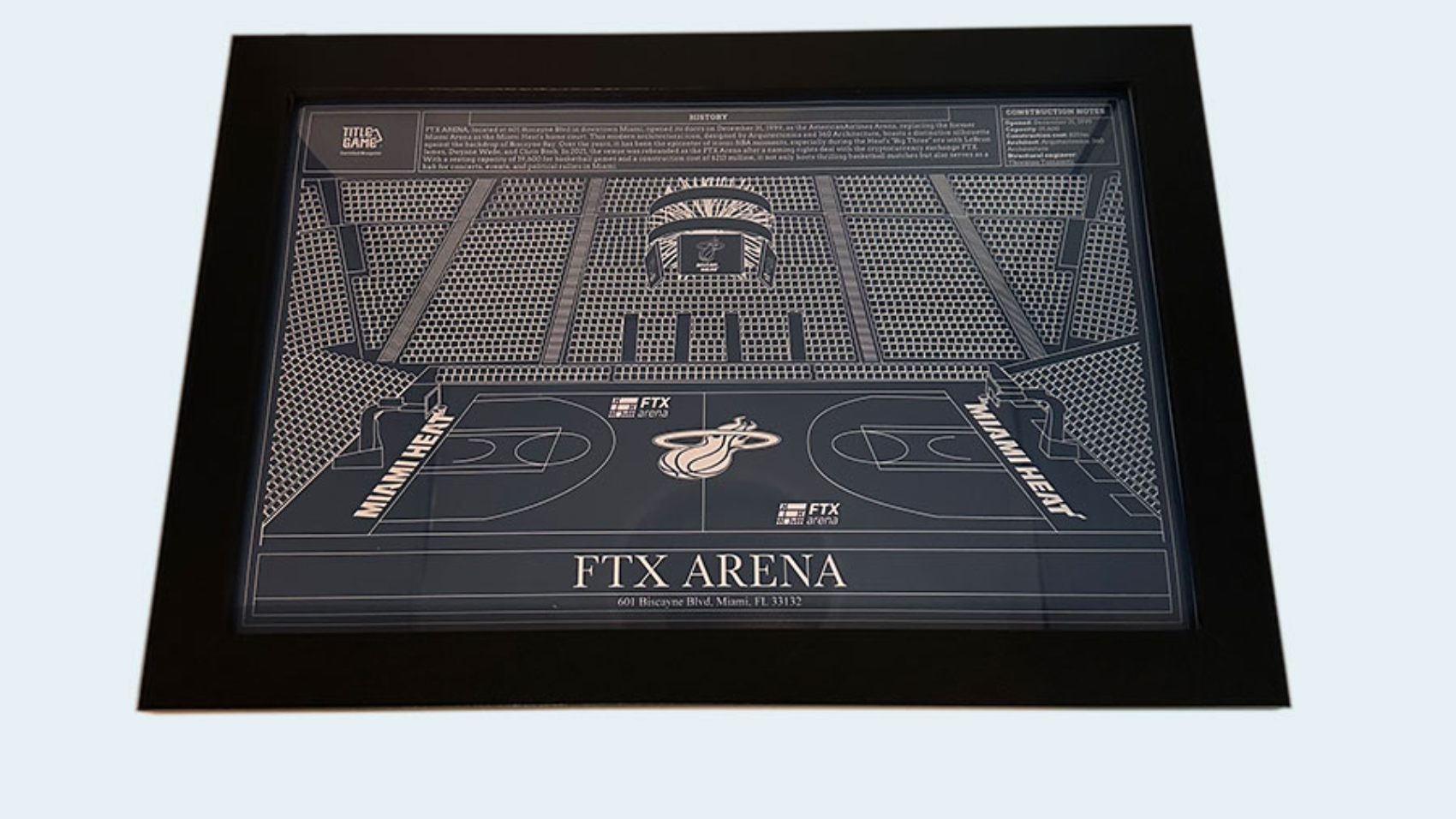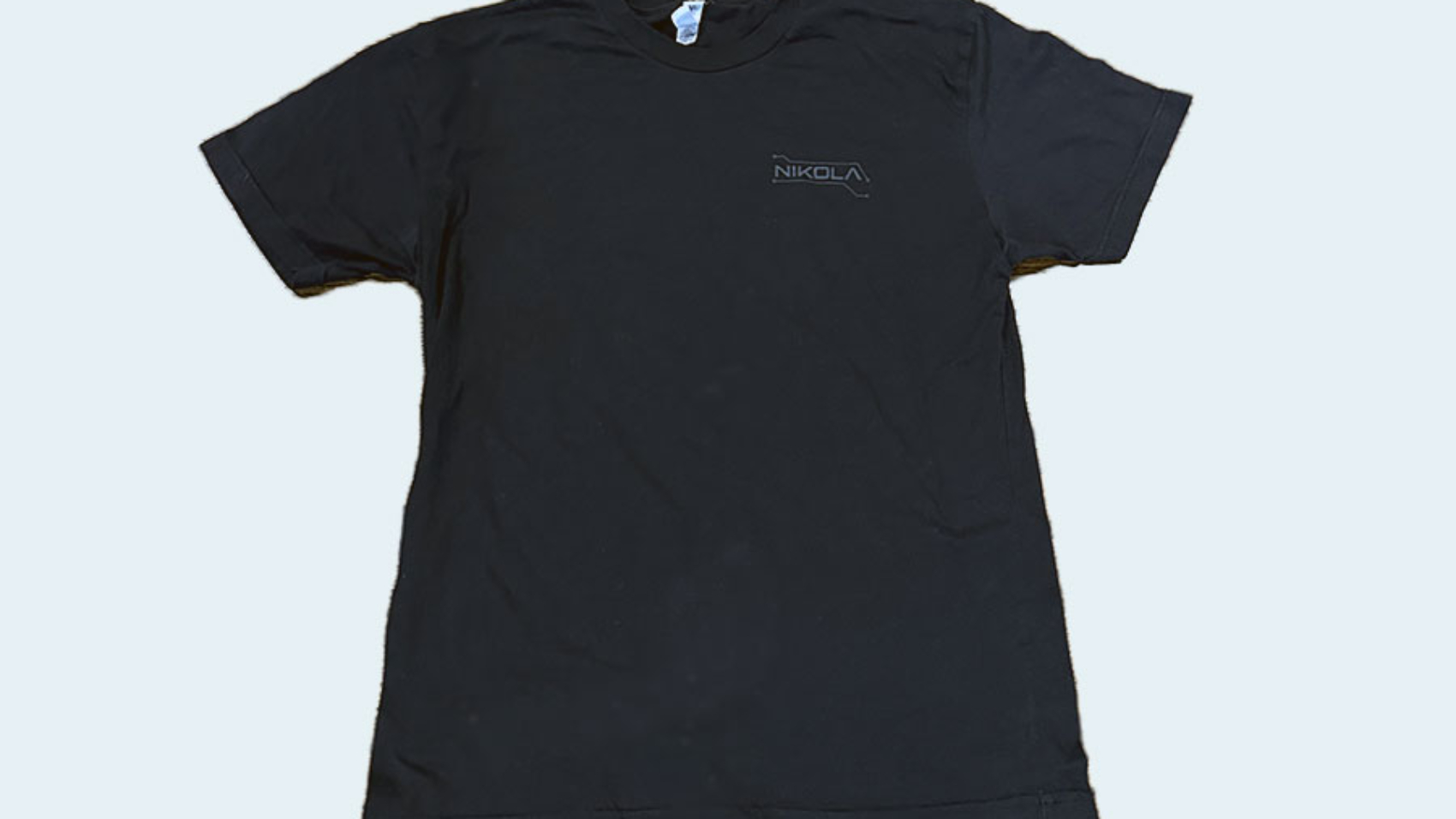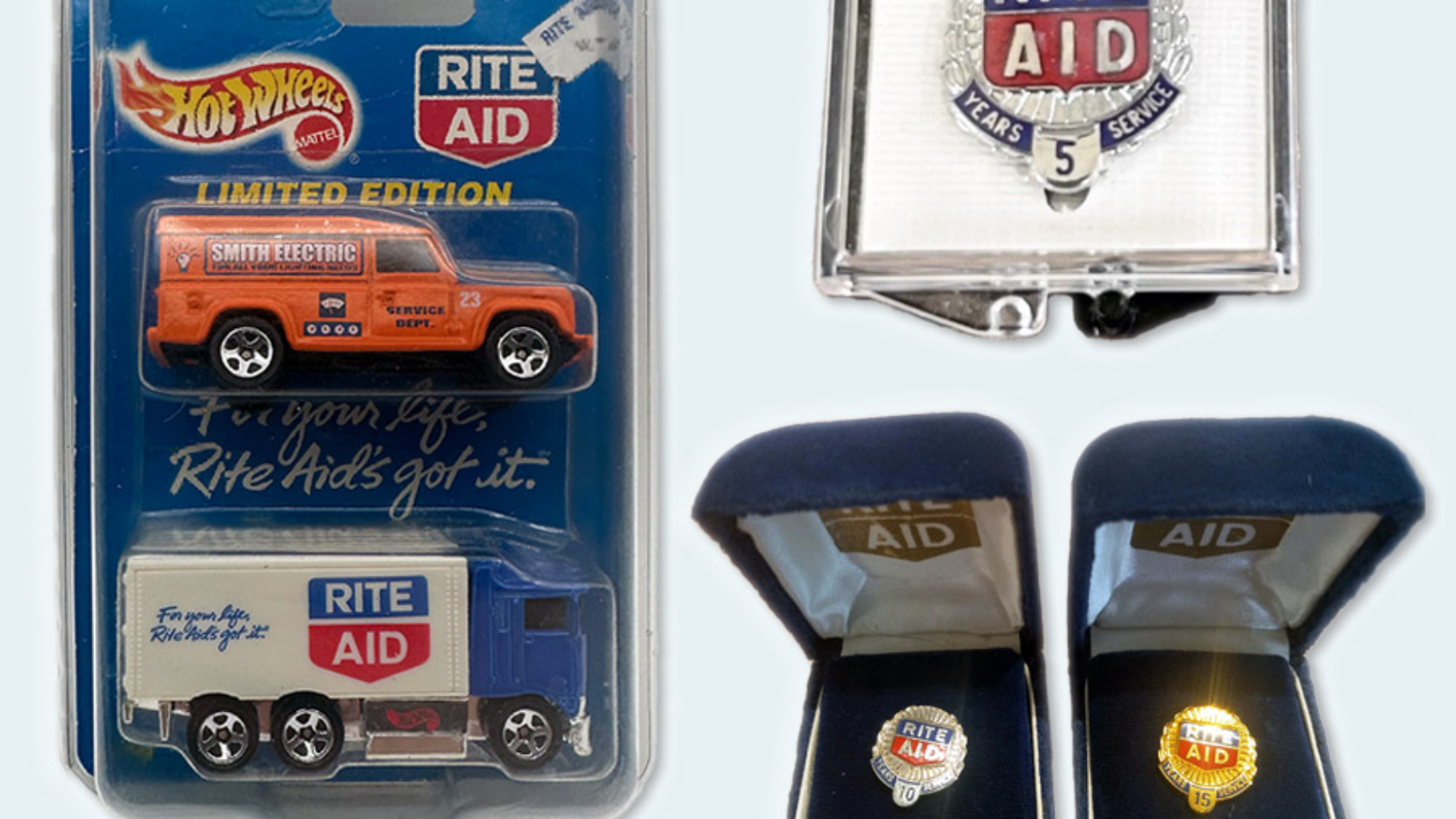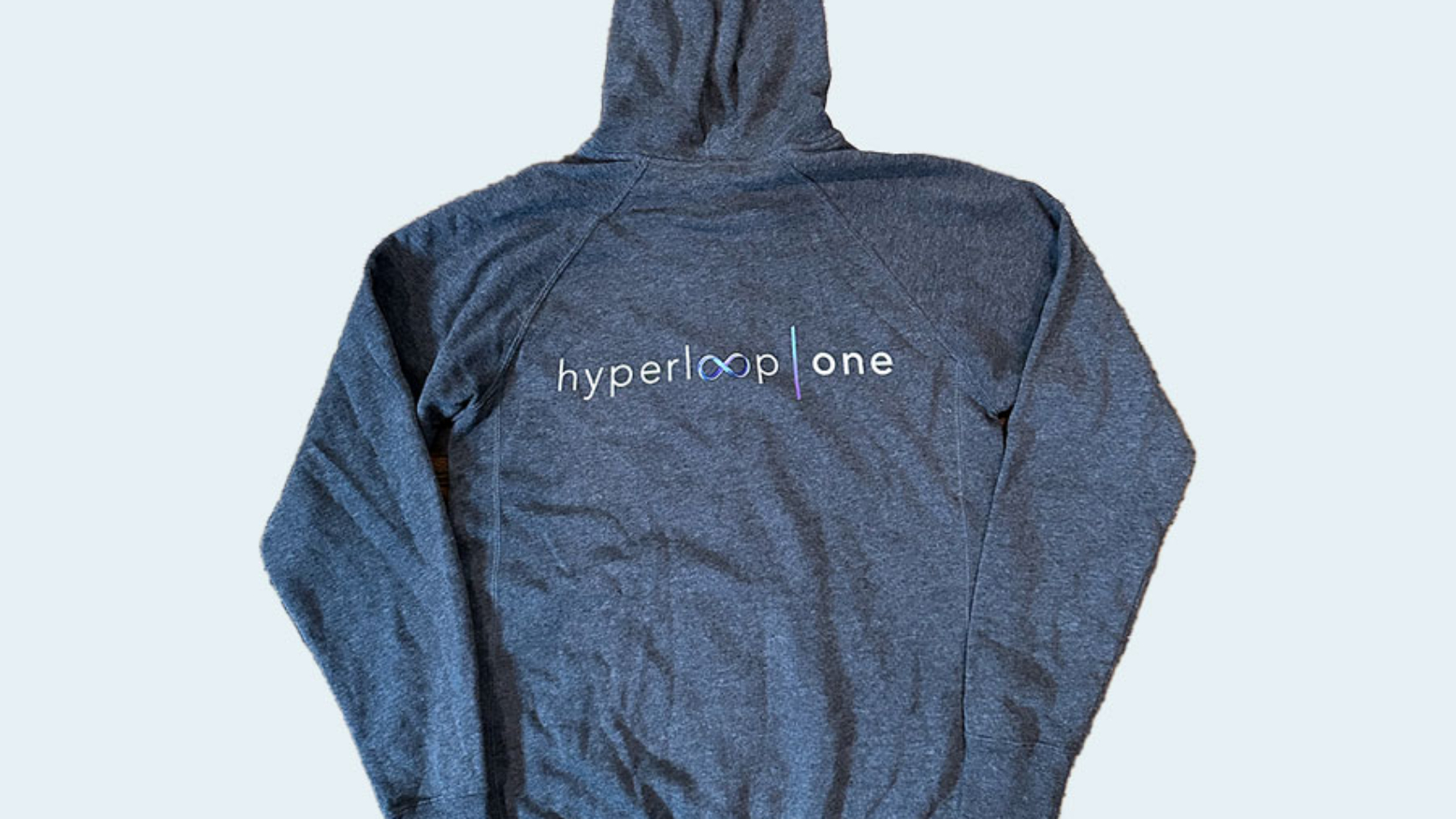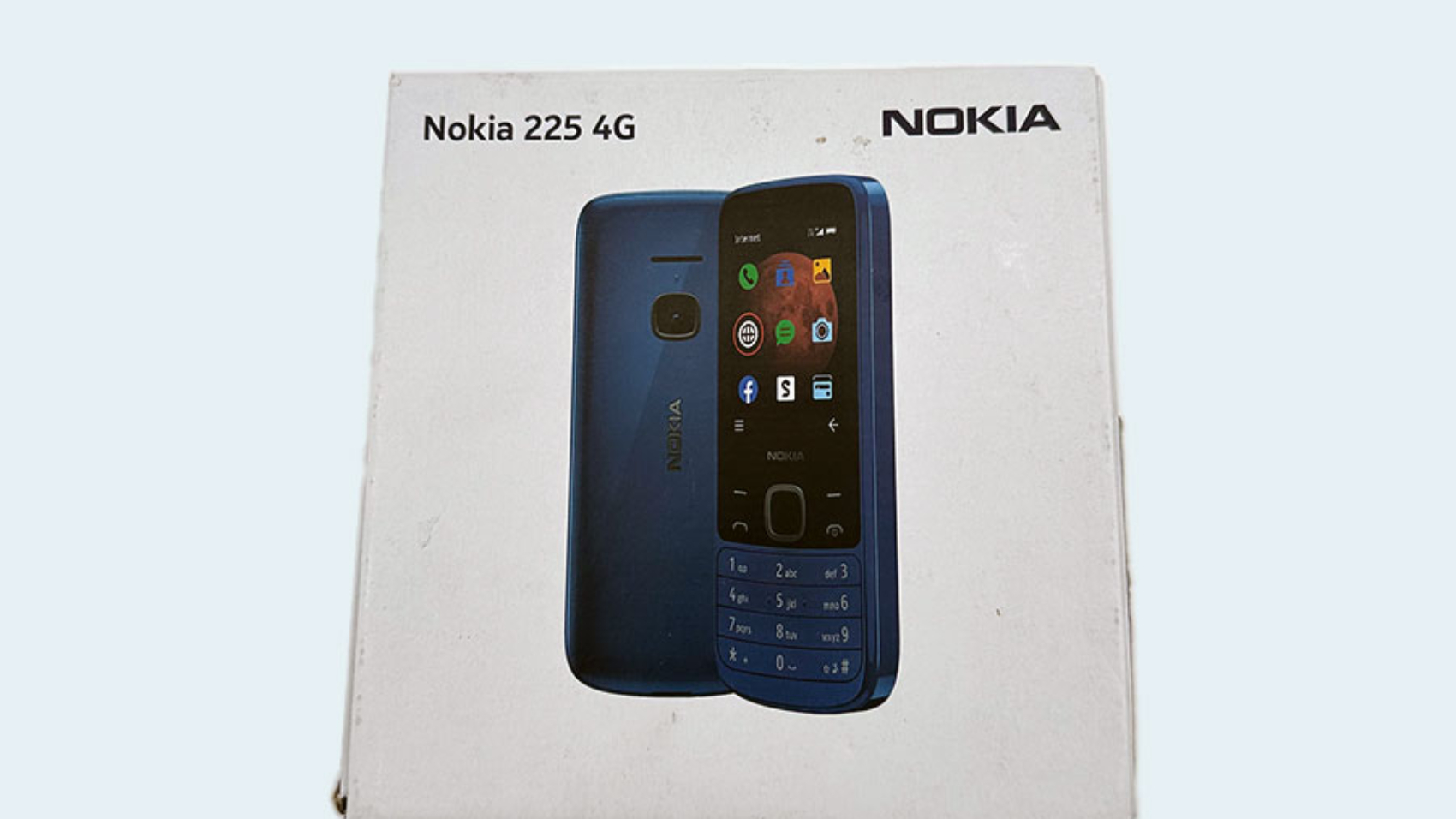In 2010, Wachovia Center changed the name of the 21,000-seat home of the Flyers and 76ers to the Wells Fargo Center.
Exposed to risky loans, such as adjustable rate mortgages, Wachovia began to experience heavy losses in its loan portfolios during the subprime mortgage crisis. Once Washington Mutual was seized, Wachovia immediately lost a total of $5 billion in deposits. Federal regulators pressured Wachovia to put itself up for sale over the weekend leading to its sale to Wells Fargo in 2008.


